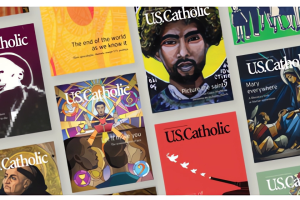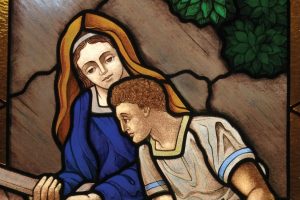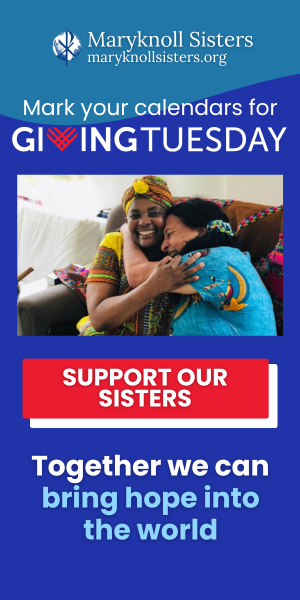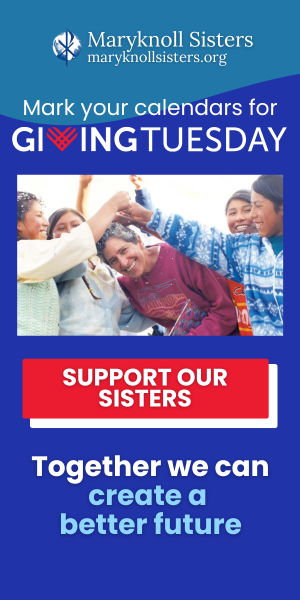c. 2014 Religion News Service
(RNS) Faith leaders who sit to the left in American politics say they won’t let the religious right claim the moral mantle in the elections of 2014.
On Tuesday (Sept. 9), they announced a new campaign to boost voter registration and encourage voters, particularly in poor and immigrant communities, to go to the polls.
On a conference call to reporters, Ted Strickland of the Center for American Progress Action Fund, an ordained Methodist minister and former Democratic governor of Ohio, said he and others leaders will go door to door and church to church to press their message: that people of faith should pursue a public policy that is fair and just.
The Rev. William Barber, leader of North Carolina’s “Moral Monday” movement, which has long protested acts of the state’s conservative legislature, quoted Isaiah 10: “Woe to those who make unjust laws.”
The coalition plans to reach out using traditional methods of voter mobilization and social media.
The PICO National Network, for example, has launched the “Let My People VOTE” initiative, aiming to register nearly 50,000 new voters in counties with large racial gaps in voter registration and rapidly growing Latino populations.
It also hopes to collect 187,000 signatures to place measures on the ballot on minimum wage, paid sick days, early voting, sentencing reform and voter re-enfranchisement.
A group of Catholic sisters is taking a monthlong “Nuns on the Bus” tour to focus on voter registration drives and to campaign against the influence of outside money on politics.
The coalition includes the National Latino Evangelical Coalition in addition to PICO, Moral Mondays, the Center for American Progress Action Fund and the Nuns on the Bus.
“The Christian right often had voter mobilization and contact tools and text campaigns that were well-financed,” said the Rev. Jennifer Butler, CEO of Faith in Public Life, another group within the coalition.
“This is one of the first times that progressive religious leaders, or leaders that are working toward more social justice, have had these kind of massive voter contact strategies and capabilities, and I think that changes the landscape for the future.”













